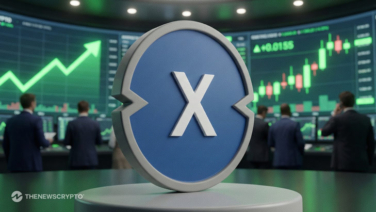- The South Korean government plans to legalize non fungible-tokens (NFTs).
- The government would slap a 20% tax on crypto earnings
The legislation proposal to merge Bitcoin and other Cryptocurrencies into the country’s institutional framework will provide protection for people to invest with digital assets. And the legislation has 110 policy goals announced by Yoon Seok-youl, the new president of South Korea.
South Korea’s new leadership will complete the legal framework for the local digital asset ecosystem and implement it in 2024. The legislation helps to combine cryptocurrencies such as bitcoin into the country’s institutional system.
Today the WatcherGuru tweeted that South Korea is expected to implement Bitcoin and crypto into its institutional system by 2024.
JUST IN: 🇰🇷 South Korea is reportedly set to implement #Bitcoin and #crypto into the institutional system by 2024.
— Watcher.Guru (@WatcherGuru) May 13, 2022
South Korea Is Adopting Cryptocurrency
The government will pass the Digital Assets Basic Act (DABA) in 2023 to make cryptocurrencies completely legal in the country. Also, they approved the Bank of Korea’s plans to set up a Central Bank Digital Currency (CBDC). Before officially implementing the legislation, Korean authorities agreed to collaborate with the Bank of International Settlements (BIS), and the Financial Stability Board (FSB), as well as American and European watchdogs.
The legislation will also help Korean financial institutions to offer cryptocurrency services. Country local investors currently can open crypto accounts with Upbit, Gopax, Bithumb, and Korbit, the country’s top authorized exchanges. In addition, the South Korean government plans to legalize non-fungible tokens (NFTs) and establish a regulatory framework for initial coin offerings (ICOs).
Yoon Suk-yeol declared on May 3 that he would work to postpone taxation on crypto investment gains until the Digital Asset Basic Act is passed, which would be at least until 2024. The government would slap a 20% tax on crypto earnings exceeding $2,100 per year under the new crypto taxation laws. During the 2017 cryptocurrency surge, South Koreans were among the most active participants. They were behind 30% of the crypto trading volume that year.








